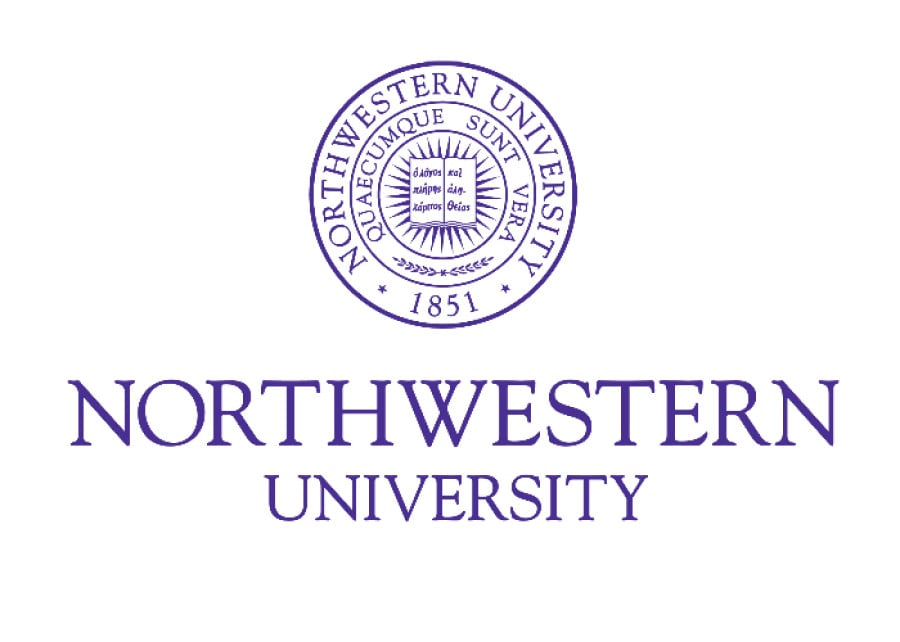NCAA college football players: Students or employees?

In this article, Paul Greene examines the ramifications of the Chicago office of the National Labor Relations Board’s recent finding that football scholars attending Northwestern University are employees of the University for the purposes of the National Labor Relations Act, and in particular the potential consequences for the National Collegiate Athletic Association.
“Players receiving scholarships to perform football-related services for the Employer [Northwestern University] under a contract for hire in return for compensation are subject to the Employer’s [Northwestern University’s] control and are therefore employees within the meaning of the [National Labor Relations] Act.”1
With those words, the principle and ethos of amateurism, upon which the National Collegiate Athletic Association (“NCAA”) was founded, was shaken. College student-athletes have been declared “employees” of a university for the first time, making the scholarship football players at Northwestern University in Evanston, Illinois, just north of Chicago, eligible to collectively bargain with the school for salaries and other employment benefits.
The decision issued by the Chicago office of the National Labor Relations Board (NLRB), a federal agency that oversees private labor relations in the U.S., is already under review by the national NLRB office (and will no doubt be appealed). It could take many years before the matter is resolved. However, the decision could potentially trigger a seismic shift in elite college sports in the U.S. Until now, scholarship athletes have been considered students enrolled in a college, not employees of the college. The NCAA’s self-stated core purpose is “to govern competition in a fair, safe, equitable and sportsmanlike manner, and to integrate intercollegiate athletics into higher education so that the educational experience of the student-athlete is paramount.”2
The NLRB Chicago Regional Director, Peter Sung Ohr, turned the NCAA mission statement on its head by finding that football players receiving scholarships to perform football-related services for Northwestern University are sufficiently subject to the school’s control that they are considered employees under federal law.3
“While it is true that the players do not receive a ‘paycheck’ in the traditional sense,” Ohr reasoned, “they nevertheless receive a substantial economic benefit for playing football.” A Northwestern football player, Ohr explained, receives a scholarship valued at as much as $76,000 per year and a total compensation package that totals more than a quarter of a million dollars for “performing football duties” for Northwestern over the course of their collegiate career.4
To continue reading or watching login or register here
Already a member? Sign in
Get access to all of the expert analysis and commentary at LawInSport including articles, webinars, conference videos and podcast transcripts. Find out more here.
- Tags: Amateur Sport | American Football | College Sport | Employment Law | Governance | NCAA | Northwestern University | Regulation | United States of America (USA)
Related Articles
- Sports Lawyers Association outreach programme - Boston Update
- Bullying in professional sports: Adapting to an evolving legal landscape and mitigating risk
- Junior football athlete suspended for the presence of cannabis
- Update on O'Bannon v. NCAA
Written by
Paul J. Greene
pgreene@globalsportsadvocates.com | @greenesportslaw
Paul J. Greene, Esq. is a U.S. based sports lawyer who protects the rights of athletes in disputes, including those charged in anti-doping proceedings. Paul has been recognized by Chambers USA and Super Lawyers as one of America’s top sports lawyers.




